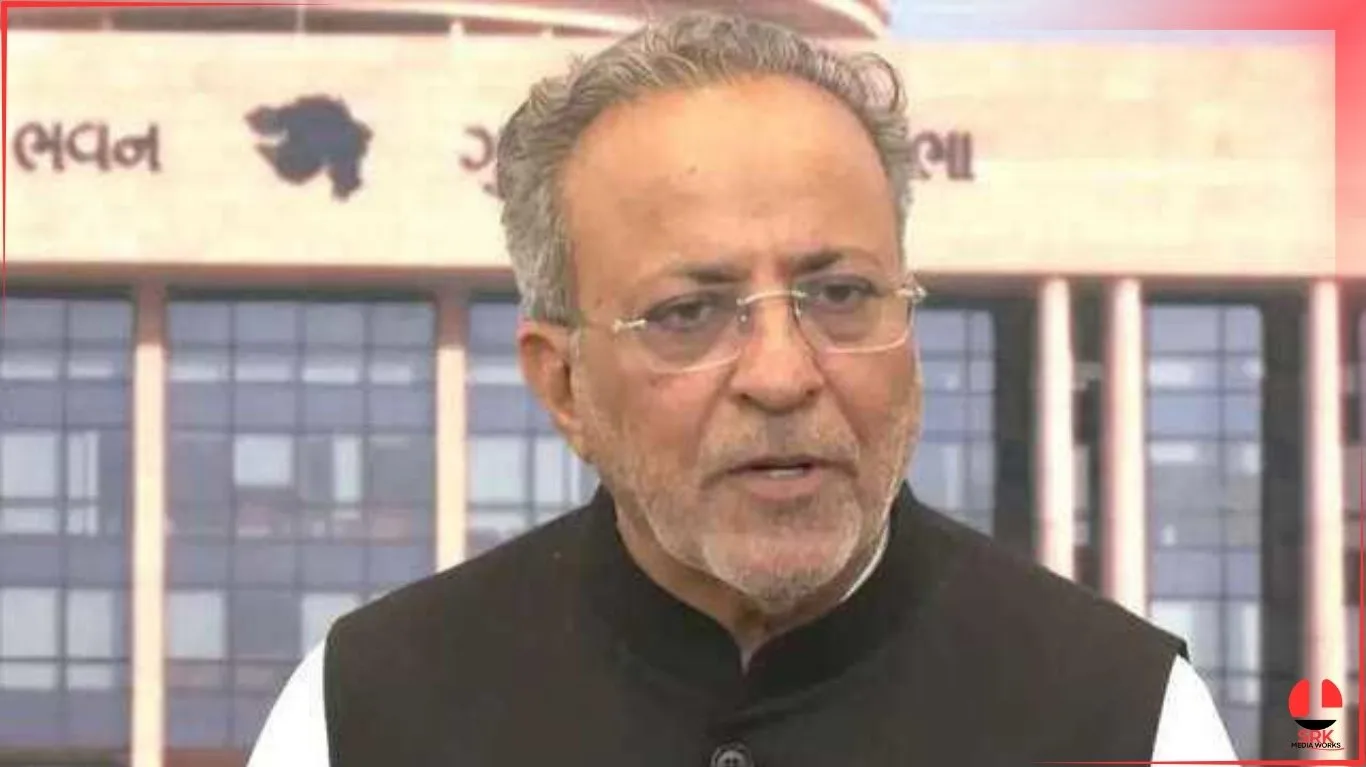In a dramatic turn of events, Byju Raveendran, founder of India’s edtech giant Byju’s, has been ordered by a US bankruptcy court to pay more than $1.07 billion following a default judgment. The ruling, delivered by Judge Brendan Shannon of the Delaware Bankruptcy Court, holds Raveendran personally liable for the movement and concealment of funds linked to Byju’s Alpha, the company’s US financing arm.
Byju’s Alpha and the Loan Controversy
Byju’s Alpha was incorporated in Delaware in 2021 as a special-purpose vehicle (SPV) to raise and manage a $1.2 billion term loan from a consortium of global lenders. The funds were intended to support Byju’s aggressive expansion strategy, including acquisitions and international growth.
However, lenders alleged that $533 million was moved through multiple entities without proper disclosure, raising concerns of fund diversion. Repeated failure by Raveendran to comply with court orders, including providing documents and appearing for hearings, led to the default ruling.
Timeline of Byju’s Legal Troubles
| Year | Event | Impact |
|---|---|---|
| 2021 | Byju’s Alpha incorporated in Delaware | Raised $1.2 billion loan |
| 2022 | Expansion spree with acquisitions | Increased debt burden |
| 2023 | Lenders raise concerns over missing funds | Legal disputes begin |
| 2024 | Court orders compliance, Raveendran fails | Contempt sanctions imposed |
| 2025 | Default judgment issued | $1.07 billion liability |
Court’s Observations
The Delaware Bankruptcy Court noted:
- Raveendran’s repeated non-compliance with discovery orders.
- Alleged concealment of funds linked to Byju’s Alpha.
- Extraordinary circumstances warranting a default judgment.
- Requirement for Raveendran to provide a full accounting of the missing $533 million.
Financial Breakdown of Byju’s Alpha Loan
| Component | Amount (USD) | Status |
|---|---|---|
| Total Loan Raised | $1.2 billion | Secured from global lenders |
| Missing Funds | $533 million | Movement through multiple entities |
| Liability Ordered | $1.07 billion | Default judgment |
| Remaining Debt | ~$670 million | Subject to restructuring |
Impact on Byju’s
The ruling has significant implications for Byju’s:
- Financial Strain: The company, once valued at $22 billion, is already facing a downturn due to regulatory hurdles and mounting debt.
- Investor Confidence: Global investors may reconsider their exposure to Byju’s.
- Operational Challenges: Expansion plans could stall as resources are diverted to legal battles.
- Reputation Damage: The case tarnishes Byju’s image as India’s leading edtech unicorn.
Broader Context: Edtech Sector Challenges
Byju’s troubles reflect wider challenges in the edtech sector:
- Post-Pandemic Slowdown: Demand for online learning has normalized, reducing growth momentum.
- Regulatory Scrutiny: Governments are tightening oversight on edtech firms.
- Funding Winter: Global venture capital flows into edtech have slowed.
- Sustainability Concerns: Questions over profitability and governance loom large.
Expert Opinions
- Legal Analysts: Stress that default judgments are rare and highlight the seriousness of Raveendran’s non-compliance.
- Financial Experts: Warn that Byju’s may struggle to restructure debt without fresh capital.
- Industry Observers: Suggest the case could serve as a cautionary tale for Indian startups expanding globally.
Future Outlook
Byju’s faces a tough road ahead:
- Debt Restructuring: Negotiations with lenders will be critical.
- Legal Appeals: Raveendran may seek to challenge the ruling, though prospects appear slim.
- Operational Focus: The company may need to scale back international ambitions and refocus on core markets.
- Governance Reforms: Improved transparency and compliance will be essential to regain trust.
Conclusion
The US court’s order directing Byju Raveendran to pay over $1 billion marks a watershed moment in the history of Indian startups. Once celebrated as a symbol of India’s edtech boom, Byju’s now faces a credibility crisis that could reshape its future.
The ruling underscores the importance of financial transparency, compliance, and governance for startups operating on a global scale. For Byju’s, the challenge lies not just in paying the liability but in rebuilding trust with investors, regulators, and millions of learners worldwide.
Disclaimer: This article is based on publicly available court documents, financial reports, and expert commentary. Readers are advised to follow official legal updates for verified details.











